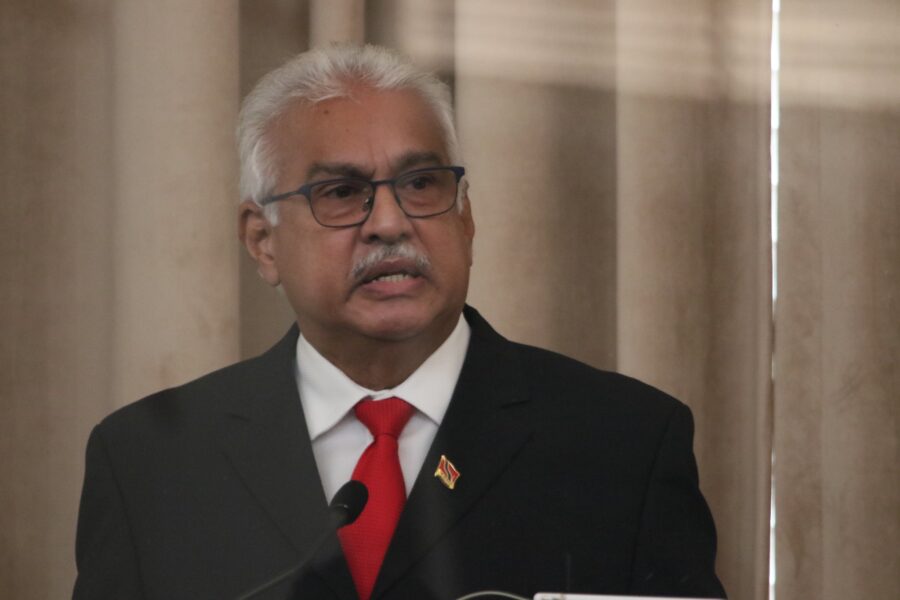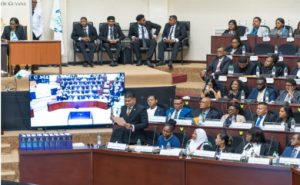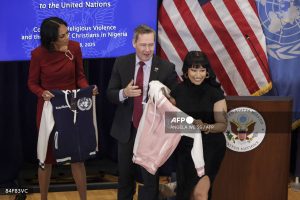THREE different organisms are responsible for the deaths of seven babies in the Neonatal Intensive Care Unit of the Port of Spain General Hospital between April 4 and April 7.
This was revealed by Minister of Health Terrence Deyalsingh in a statement to the Parliament on Friday.
He said, “Mr Deputy Speaker, with a heavy heart and on behalf of the Government and the people of Trinidad and Tobago, I stand before you today to confirm the sad news of the deaths of seven premature babies at the Neonatal Intensive Care Unit of the Port of Spain General Hospital between April 4 and April 7.
“To the bereaved parents, please know that our thoughts are with you during this incredibly difficult time. We share in your grief and extend our deepest sympathies to you and your families.
“Mr. Deputy Speaker, the NWRHA has always implemented stringent Infection Prevention and Control practices which are standard in the NICU. Immediately upon recognising the seriousness of the situation, existing escalated protocols were initiated by the NWRHA. These included inter alia, rigorous sanitisation and sterilisation.
“Laboratory testing has revealed the presence of three different organisms known to pose significant risks to vulnerable neonates. Mr. Deputy Speaker, the NWRHA has taken steps to determine, through laboratory testing and risk source analysis, the origin of these organisms.
“Additionally, as Minister of Health, I have requested that CARIRI and PAHO as relevant subject matter experts be engaged. I also wish to state that the Ministry of Health has commenced a separate investigation into this matter through the Office of the Chief Medical Officer.
“Mr. Deputy Speaker, through you, I wish to advise this Honourable House that as of April 7, no new infections have been reported, and I am advised that new admissions have resumed as of Wednesday 10th April.
“Mr. Deputy Speaker through you, I want to reassure this Honourable House that throughout this challenging situation, I am advised that senior doctors and nurses “were present, providing care to the neonates, and parents were regularly updated on their babies’ condition. We recognise the emotional toll this has taken on the families, and all parents have been offered bereavement counselling by the NWRHA.
“Again, Mr. Deputy Speaker, on behalf of the Ministry of Health, I offer our sincerest condolences to the families who have experienced this loss.”
The NWRHA said its investigations revealed the presence of three different organisms – Serratia marcesens, ESBL Klebsiella pneumoniae, and Klebsiella aerogenes – all known to pose significant risks to vulnerable neonates.

Support independent journalism. AZP News is an independent news organisation that is not affiliated with any big business and depends solely on advertising to pay our bills. Therefore, we are asking for the generosity of our readers to help us with small donations of any amount, but we will be happy with $20, $50 or $100. Click Here to Donate
![]()












